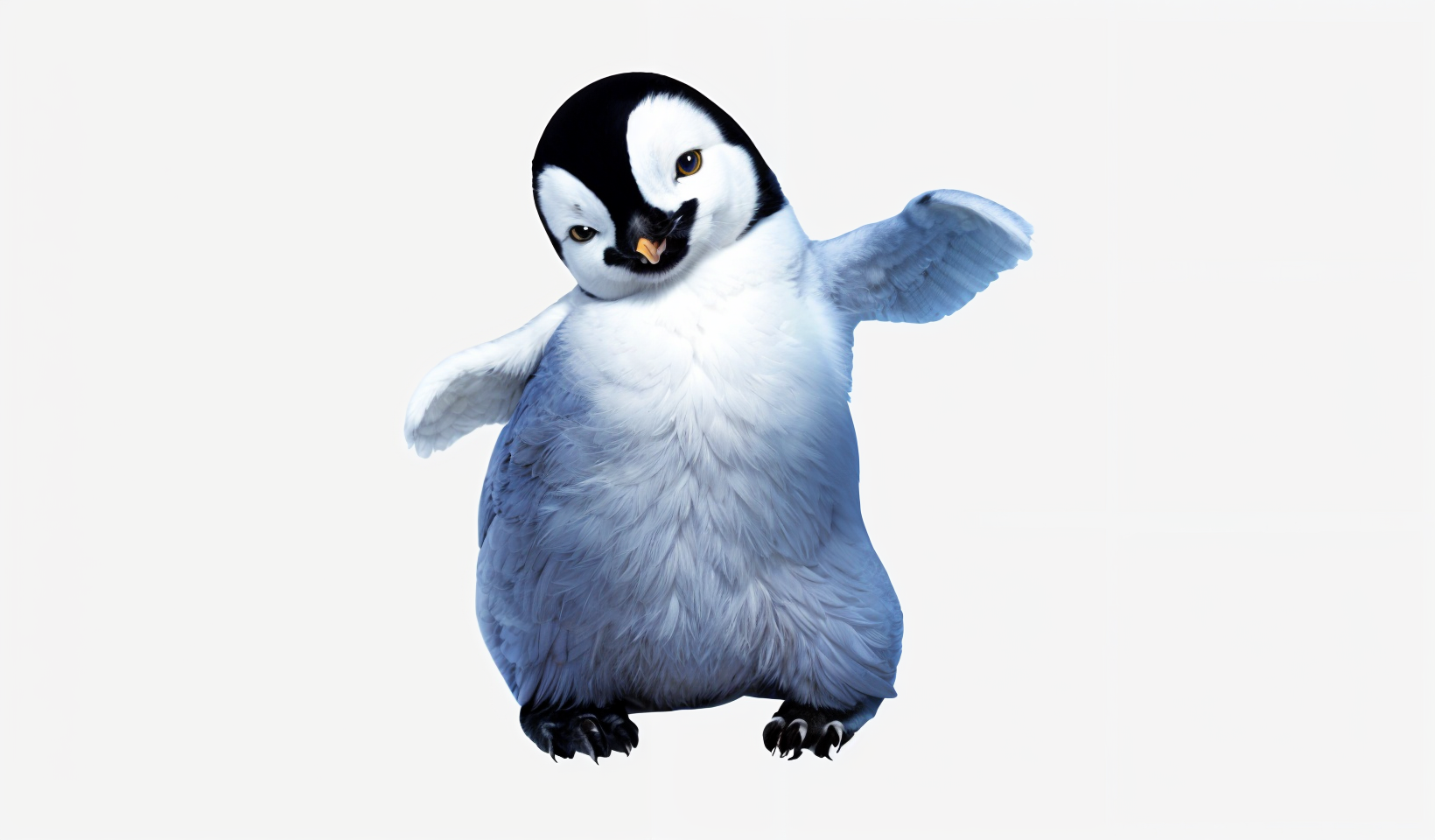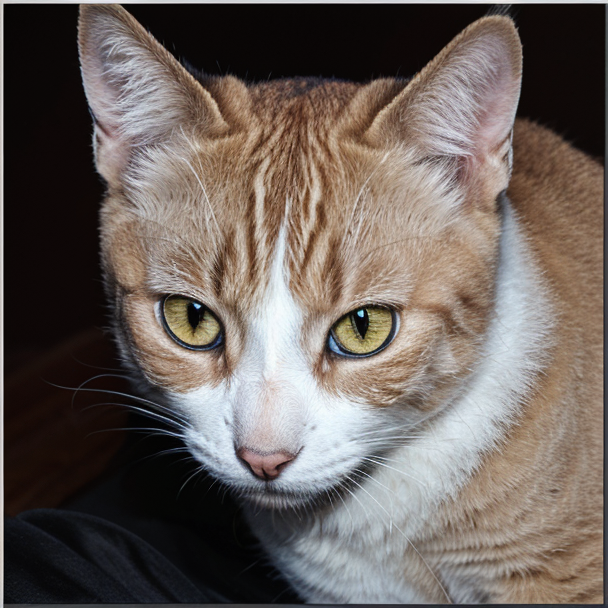Readme
This model costs approximately $0.0199 to run on Replicate, but this varies depending on your inputs.
This model runs on Nvidia T4 GPU hardware, which costs $0.000225/sec. Predictions typically complete within 70~80 seconds. The predict time for this model varies significantly based on the inputs.


